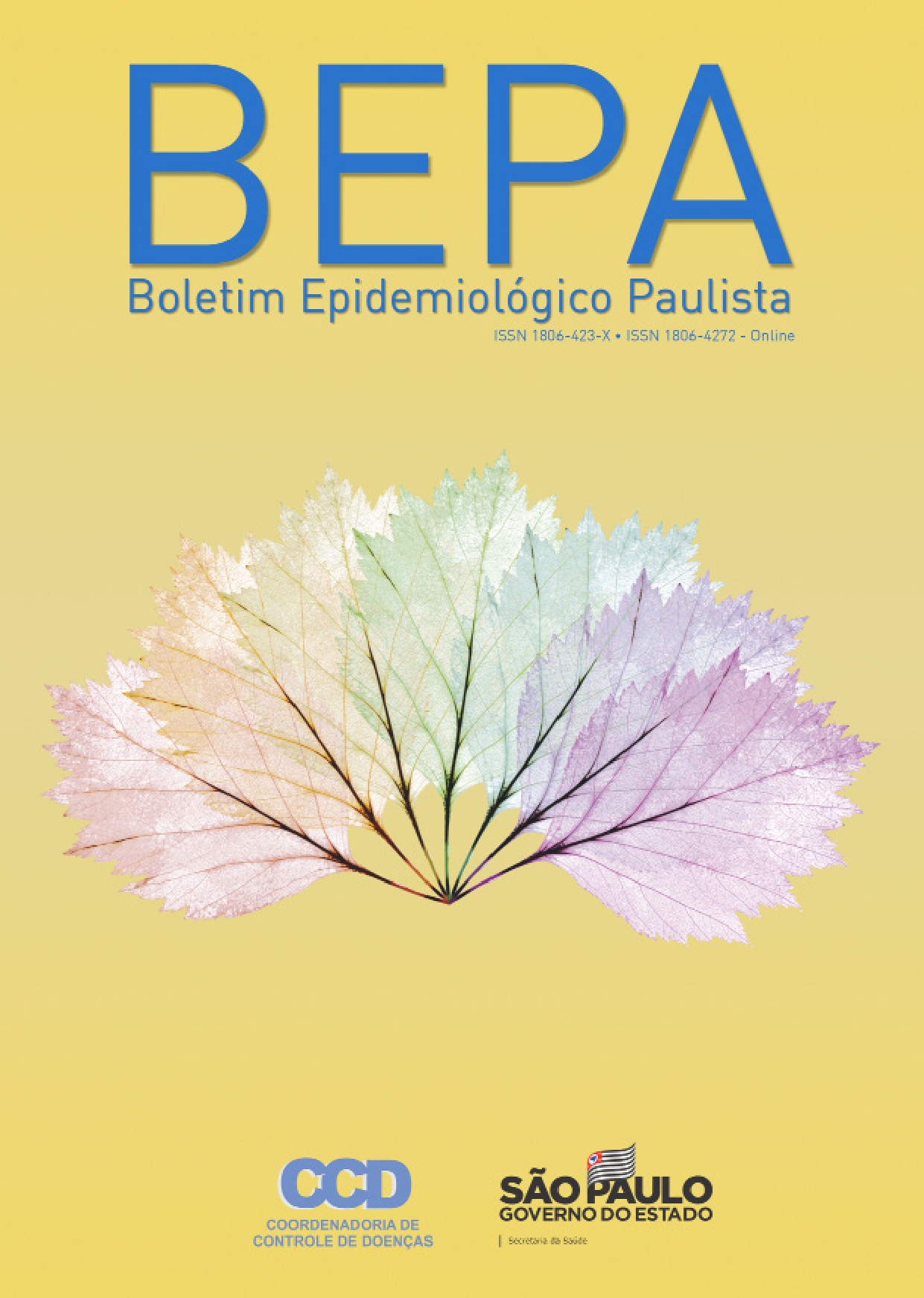Abstract
This paper describes the routine trials and research carried out at the Instituto Adolfo Lutz (IAL), during the COVID-19 pandemic, related to the molecular diagnosis of Severe Acute Respiratory Syndrome Coronavirus 2 (SARS-CoV-2). The viral particle, its genome and the assays and kits used during the period are presented, contextualizing its use and pointing out those with the best performance and cost-effectiveness. Furthermore, highlights the researches related to the use of biological material obtained from throat wash, saliva, urine and tissues. Through next-generation sequencing, describes the viral variants found in the state of São Paulo and deposited in the Global Initiative on Sharing All Influenza Data (GISAID) over time, emphasizing the variants of interest (VOI) and of concern (VOC). It presents studies on: SANGER sequencing technique of the S (spike) region of the viral genome, useful in VOI and VOC screening; the tertiary structure, molecular stability, and flexibility of S protein, with emphasis on the receptor-biding region of the P.1 variant; cases of possible “vaccination failure” related to age, type/place of work and residence, and the infectious viral variant. In addition, mentions and discusses the SARS-CoV-2 Monitoring Bulletins, Epigenomic Surveillance, regularly issued by the Institution, where it is possible to monitor the emergence of viral variants identified in each of the 17 Regional Departments of Health of the state of São Paulo. Finally, presents the list of people directly or indirectly involved in IAL's COVID-19 task force.
References

This work is licensed under a Creative Commons Attribution 4.0 International License.
Copyright (c) 2022 Adele Caterino-de-Araujo




